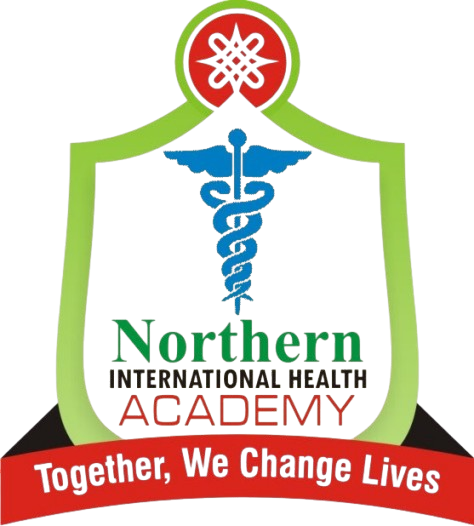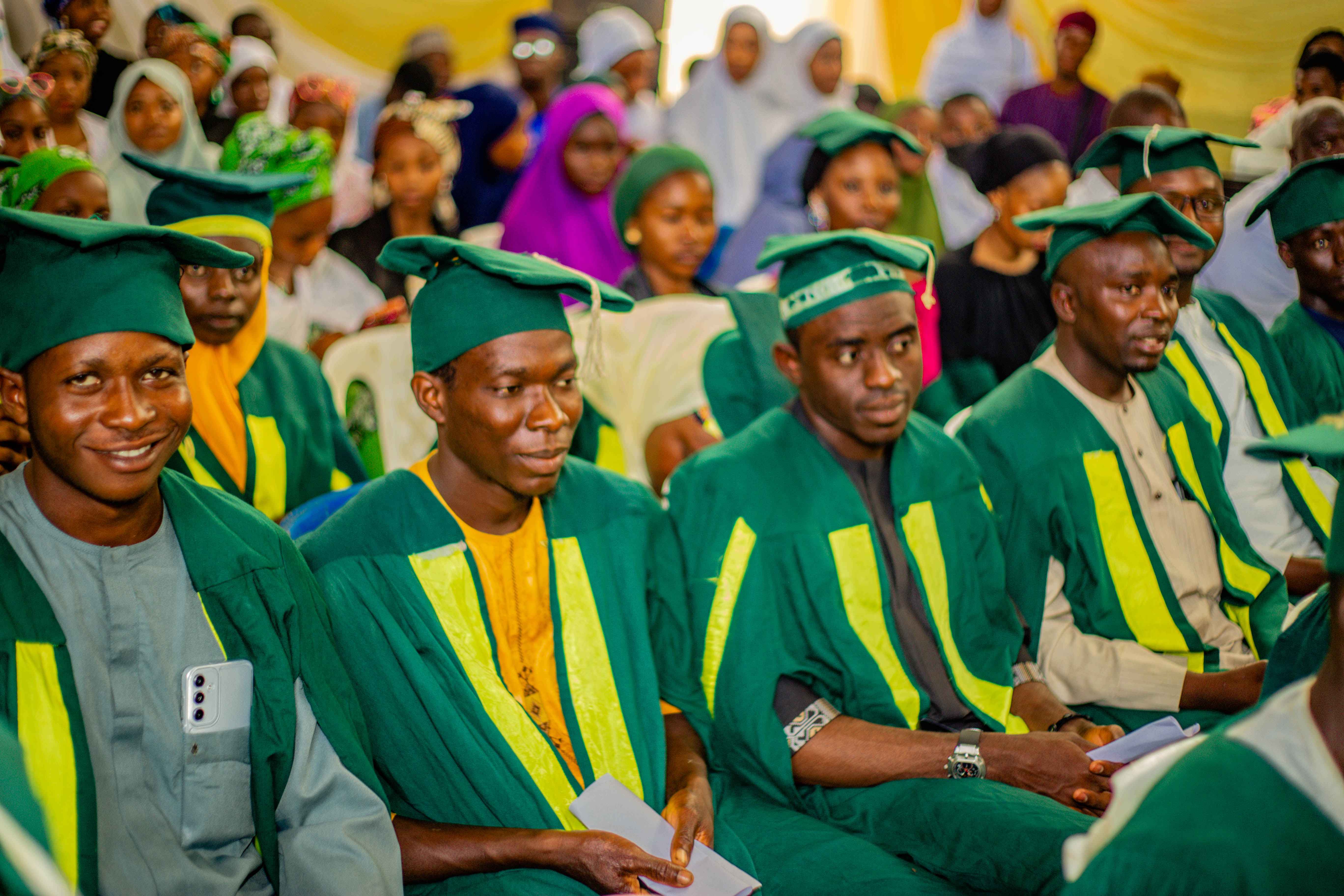Healthcare is not a profession that thrives on theory alone. While textbooks and lectures provide a strong foundation, real learning happens when students roll up their sleeves, apply knowledge, and face real-life situations. A doctor who only knows theory may misdiagnose, a laboratory technician without practice may mishandle samples, and a community health worker without field training may struggle to connect with patients.
At the Northern International Health Academy Zaria (NIHAZ), the philosophy is clear: a true healthcare professional must balance theory with practice. This unique approach ensures that graduates are not just academically sound but also practically skilled and ready to serve in hospitals, clinics, and communities.
Why Theory Alone is Not Enough
Theoretical knowledge is crucial it introduces students to medical concepts, anatomy, pharmacology, and health systems. However, healthcare requires more than memorizing facts. For instance:
A nursing student may understand the theory behind injections, but without practice, they cannot administer one safely.
A laboratory technician may know the principles of malaria testing but needs practical exposure to handle blood samples without contamination.
This is why balancing theory with practice is the gold standard in healthcare education worldwide.
NIHAZ’s Approach to Blending Theory and Practice
Modern Classrooms and Laboratories
NIHAZ provides well-equipped laboratories where students can practice diagnostic tests, drug dispensing, and emergency life support techniques. This practical training builds confidence and competence.
Clinical Attachments and Fieldwork
Students are attached to hospitals, clinics, and community health centers where they gain firsthand experience. Whether it is assisting doctors in a ward, conducting health awareness campaigns, or participating in vaccination drives, NIHAZ students learn to apply classroom lessons in real situations.
Simulation-Based Training
In certain cases, students practice skills on mannequins or simulated setups before handling real patients. This ensures they make mistakes in a safe learning environment and correct them before transitioning to actual practice.
Interdisciplinary Learning
NIHAZ fosters collaboration across departments—Community Health, Health Information Management, Medical Laboratory Technology, and Pharmacy Technician programs. This mirrors the teamwork required in real healthcare settings where professionals must work together for patient care.
Ethics and Professionalism
Practical training at NIHAZ is not limited to technical skills. Students are also taught medical ethics, empathy, confidentiality, and communication, which are just as important as clinical competence.
Benefits of NIHAZ’s Balanced Training
Job Readiness: Employers prefer graduates who can perform tasks independently from day one. NIHAZ graduates fit this description.
Confidence in Service: Practical exposure reduces anxiety when facing real patients, enabling graduates to provide compassionate care.
Better Decision-Making: Students learn not only to follow procedures but also to adapt to real-world challenges where conditions are not always ideal.
Community Impact: With exposure to community outreach programs, graduates are prepared to serve both rural and urban populations.



Comments